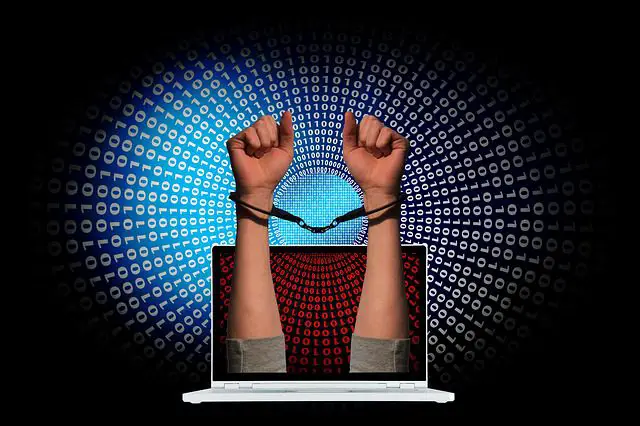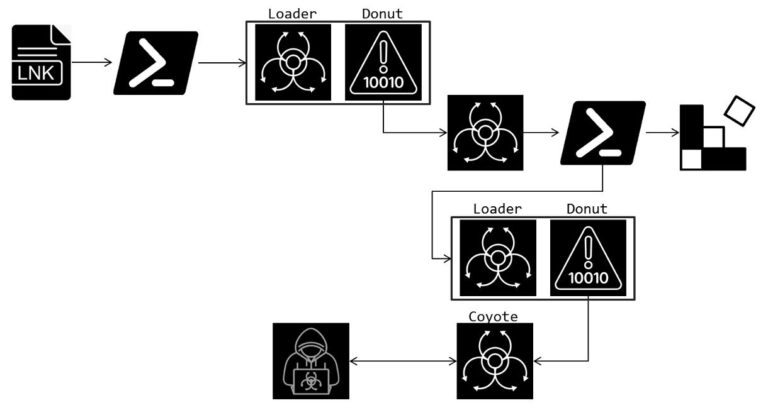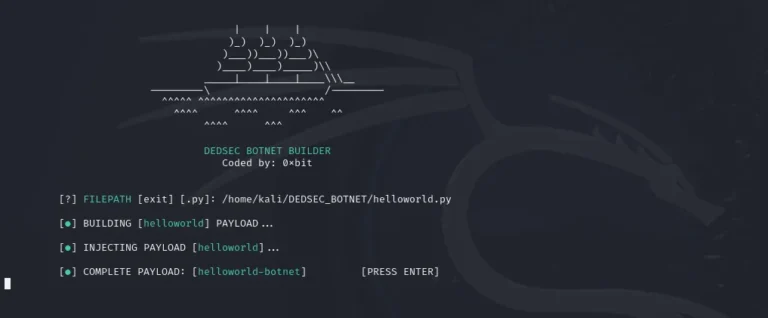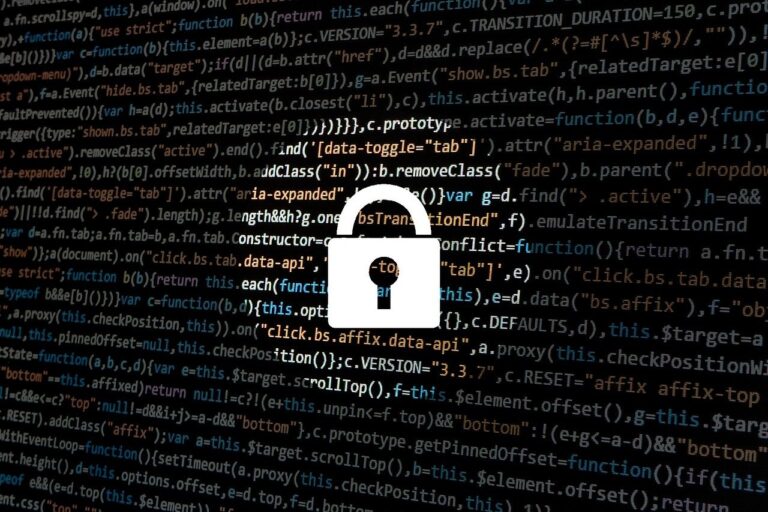
In a striking case of cybercrime with a self-promotional twist, Nicholas Michael Kloster, a 31-year-old U.S. resident, has been indicted for hacking into the networks of two organizations: a chain of fitness clubs and a nonprofit organization. According to the U.S. Department of Justice, Kloster allegedly carried out at least three incidents aimed at marketing his cybersecurity consulting services.
Fitness Club Hacking Incident
The first reported attack occurred on April 26, when Kloster allegedly trespassed onto the premises of a fitness club and gained unauthorized access to its systems. Following the breach, he sent a brazen email to one of the club’s owners, stating he had compromised their networks.
In the same email, Kloster pitched his services as a security consultant, claiming, “I have assisted over 30 small and medium-sized businesses in this region,” and even attached his résumé. He elaborated on his hacking methods, describing how he bypassed the gym’s surveillance system using IP addresses and accessed router settings to exploit domain accounts.
His antics didn’t stop there. Kloster reportedly reduced the cost of his own gym membership to $1, removed his photo from the club’s database, and stole an employee badge. Weeks later, he uploaded a screenshot to social media, showcasing his continued control over the gym’s surveillance systems.
Nonprofit Organization Breach
On May 20, Kloster allegedly targeted a nonprofit organization, breaching a secured area within its building. Using a bootable disk, he bypassed the organization’s authentication system, installed a VPN on their computers, and altered account passwords.
The nonprofit suffered approximately $5,000 in damages, which included costs for restoring its security systems and mitigating the attack’s fallout.
Misuse of Stolen Credit Card Data
Kloster is also accused of using stolen credit card information from a former employer to purchase USB devices designed for exploiting system vulnerabilities.
Legal Consequences
The allegations against Kloster, while serious, remain unproven until the conclusion of a trial. If found guilty, he could face up to 15 years in prison, including 5 years for unauthorized access and 10 years for causing damage. Additional penalties may include significant fines and compensation for the victims.
Cybercrime for Personal Gain
This case highlights a rare blend of criminal ingenuity and audacity, where a hacker seemingly used his exploits not just for financial gain but as a bizarre marketing campaign for his cybersecurity expertise. As the legal process unfolds, it underscores the fine line between ethical hacking and criminal activity—and the severe consequences of crossing it.


